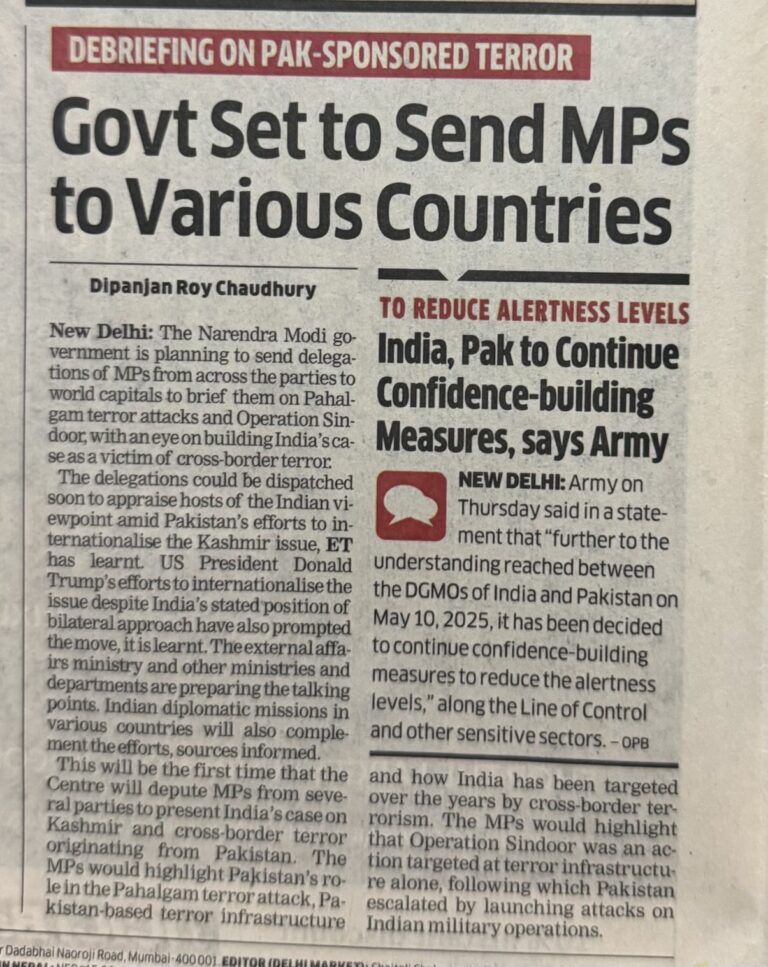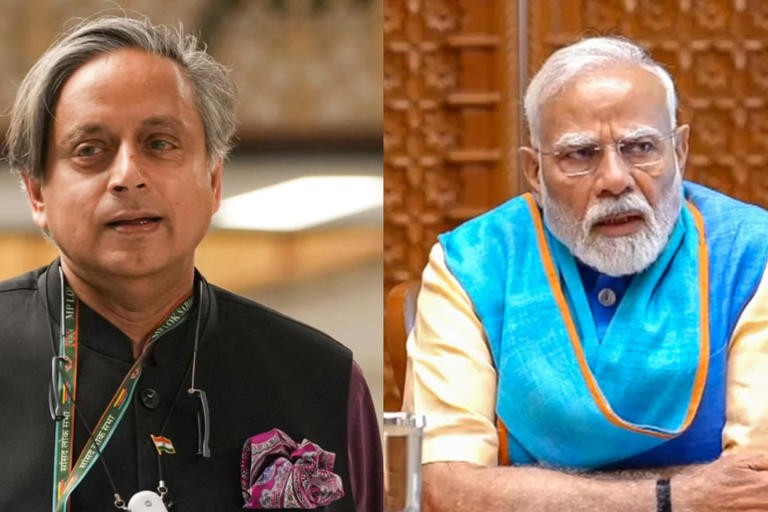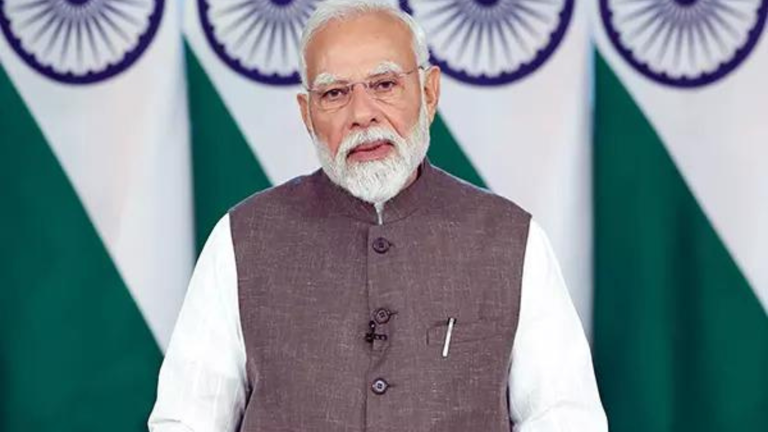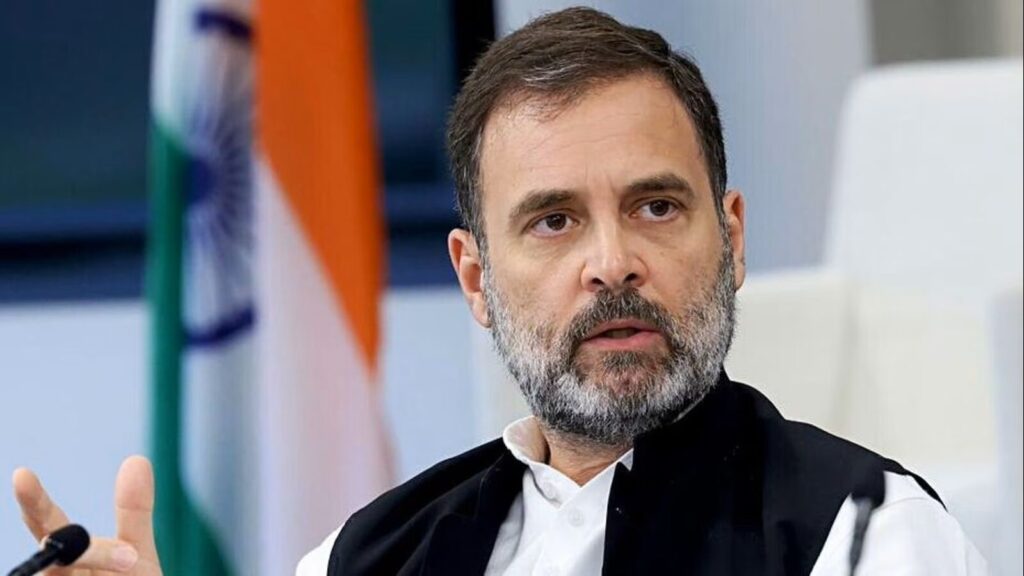Shashi Tharoor’s surprising role in India’s Pakistan terror diplomacy push, Operation Sindoor, and what this means for Indian politics
Senior Congress leader and renowned diplomat Dr. Shashi Tharoor stirred political circles recently by publicly supporting Operation Sindoor, a counter-terror military operation launched by the Modi government following a terror attack in Pahalgam, Jammu and Kashmir. Tharoor described the government’s response as “calibrated” and “very, very calculated”—remarks that drew criticism from within the Congress party. The Congress leadership reportedly viewed his comments as crossing an internal “Lakshman Rekha”, suggesting that his praise for the BJP-led government’s operation might give the perception of endorsement at a time of heightened political polarization.
🚨Congress Questions Shashi Tharoor for not following party line. He was EXPOSING PAK Propaganda.
— The Analyzer (News Updates🗞️) (@Indian_Analyzer) May 15, 2025
~ Accused of "crossing LAKSHMAN REKHA" for applauding Modi Govt. Tharoor LEFT the meeting MIDWAY - citing a flight.
Nationalism is Rebellion in today’s Congress? Should he exit? pic.twitter.com/wCrLWYHxvN
However, Tharoor clarified that he spoke in a personal capacity as an Indian citizen, not as an official Congress representative. He emphasized the need for a unified national response to terrorism, regardless of party politics. No disciplinary action has been taken against him, though his statement has reignited debates on the line between national interest and party loyalty.
"Spoke As An Indian": Shashi Tharoor After Congress' 'Lakshman Rekha' Remark
— NDTV (@ndtv) May 15, 2025
Read: https://t.co/ZRQSQy86Ti pic.twitter.com/WU2koc21oJ
What is the Modi Government’s Global Outreach Against Pakistan-Sponsored Terrorism?
In the aftermath of Operation Sindoor’s success, the Modi government has launched a global diplomatic offensive to expose and isolate Pakistan-sponsored terrorism on the world stage. This campaign aims to capitalize on international support and India’s rising global profile to highlight cross-border terror threats, especially those emanating from Pakistan. The strategy includes sending multi-party delegations of Indian MPs to key global capitals like Washington D.C., Brussels, and London. These delegations will articulate India’s position on terrorism in high-level meetings with foreign governments, think tanks, and multilateral bodies. The move reflects India’s bid to shape global narratives and gather momentum for its anti-terror diplomacy.

The Ministry of External Affairs (MEA) will provide detailed briefings to each delegation, and efforts are being made to ensure bipartisan unity on the global front—thus projecting national consensus on critical foreign policy issues.
Why Was Shashi Tharoor Chosen to Lead an All-Party Delegation Abroad?
In a surprising yet strategic move, the Modi government has selected Shashi Tharoor to lead one of the key all-party delegations.
BREAKING NEWS 🚨 📢
— News Arena India (@NewsArenaIndia) May 16, 2025
Modi Govt has approached Congress MP Shashi Tharoor to lead all party delegation to US and Europe.
Source : News 18
The decision is based on his international stature, eloquence, and current role as Chairman of the Parliamentary Standing Committee on External Affairs. Despite recent tension within his party, Tharoor’s global credibility, particularly in the West, makes him an ideal choice to represent India’s stance on terrorism. The decision also reflects a rare instance of cross-party collaboration in Indian politics—signaling the government’s intent to present a united national front on terrorism.
Tharoor has reportedly requested the government to consult the Congress leadership before finalizing his participation, signaling that while he is open to the role, he remains conscious of his party’s internal dynamics. The delegation will include 5–6 MPs from major parties like the BJP, Congress, TMC, DMK, NCP (SP), JDU, BJD, and CPI(M). Travel is scheduled between late May and early June, with the aim of conducting diplomatic outreach in Europe and the US.
What Does This Mean for Indian Politics and Bipartisan Diplomacy?
haroor’s inclusion in a Modi-led global initiative marks a significant political development. It not only acknowledges his diplomatic expertise, but also indicates the Modi government’s willingness to include opposition leaders in key national missions, especially on sensitive issues like terrorism and foreign policy. For the Congress party, this puts them in a tricky position. On one hand, they risk appearing petty if they oppose Tharoor’s involvement. On the other, they must navigate internal disagreements on how closely members should align with a rival-led government’s agenda.
The episode also raises broader questions: Should national security transcend party politics? Can India’s foreign policy benefit from bipartisan support—like in the US—on matters of terrorism and global diplomacy? If successful, this outreach could set a precedent for more collaborative diplomacy in India’s future, and possibly position Tharoor as a bridge between political rivalry and global responsibility.





















